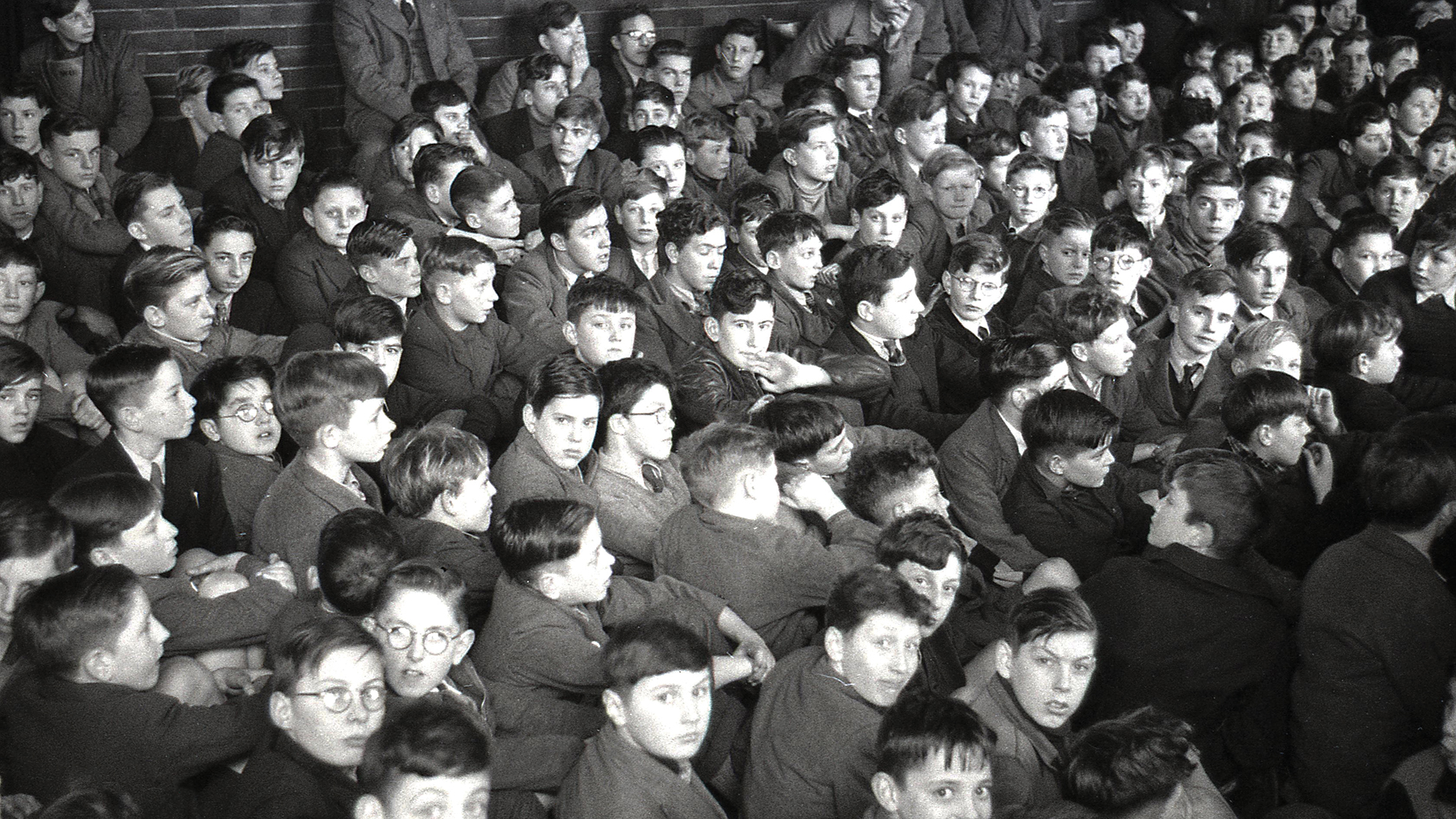I think the biggest mistake made by the British government was made with the best of intentions. It was the post-war Clem Attlee government that had swept to power at war’s end, the electorate having turned their backs on Churchill, not wishing to return to the Tory-dominated depression of the 1930s. That had been a time when unemployment and need ran hand in hand, and if you were without work and receiving a paltry state benefit it was means tested.
Meaning that if you had a clock in your house you had to sell that before you could get benefit. You had to be abject and so needy that even the small amount handed out was a blessing.
William Beveridge was commissioned in 1940 to write a report about what could be done in the post-war years that would bring more social justice. Clem Attlee’s government, largely made up of very well-intended, middle class, public school and university graduates (with some notable working class inclusions), took the conclusions and made it into a large part of post-war government policy.
The Attlee government adopting and adapting the report was how we got the incredible creation of the 1948 welfare state. Clearing the slums and creating better housing for the poor working classes, and creating a health service, was of vital importance. Social good would be directed from the top, and as the Labour government was full of zealots for social change it seemed a foregone conclusion that the post-war world would be better for most people who worked with their hands and were described as working class.
- Post-war Britain was a place of renewal, opportunity and optimism for working-class people. What happened?
- Decades of initiatives didn’t solve poverty. What can we do now?
The middle classes did incredibly well also out of this social fillip, this redirection of state aid towards those in need. There were so many new jobs for middle-class people, from teaching to social work, health and commerce, bureaucracy. Capitalism, though, did not stand still. Prosperity and trade, sponsored by a burgeoning world market led by the US, saw a growth of a consumerist boom and gave people many gadgets and products that ensured working people felt they were not being left behind.
But alas, left behind they were. For the welfare state had never addressed education and social culture. In spite of slum clearances and mass housing, many still lived in poor-quality housing. With a lack of sanitation, often without bathrooms and proper kitchens, the working classes carried on with their largely manual jobs, and what was dismissively called unskilled jobs. What social housing that was around never covered the vast part of the working class, 60% of them still living in private, sub-standard rented accommodation in 1960.










